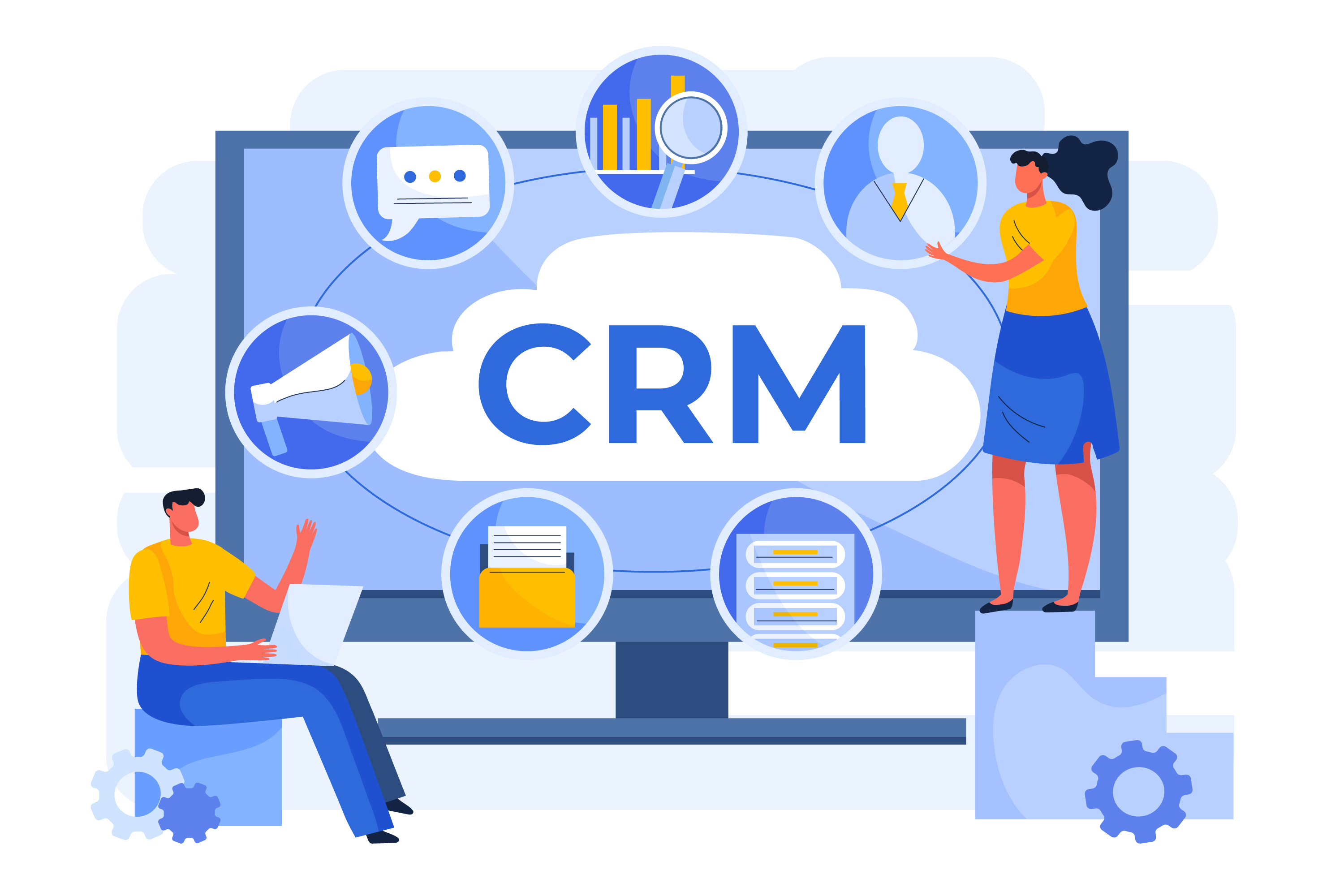
Customer Relationship Management (CRM): Building Stronger Customer Connections
Introduction
In today's highly competitive business landscape, customer satisfaction and loyalty have become crucial factors in a company's success. Customer Relationship Management, often abbreviated as CRM, plays a pivotal role in achieving these objectives. CRM is not just a technology or a tool; it's a strategic approach to managing and nurturing customer relationships. In this article, we will delve into the key aspects of CRM and its significance in modern business practices.
Understanding CRM
Customer Relationship Management is a comprehensive strategy that revolves around the management of an organization's interactions with existing and potential customers. It encompasses various processes, technologies, and tools aimed at improving customer satisfaction, loyalty, and retention. At its core, CRM seeks to create a seamless and personalized experience for each customer, driving long-term value for both the company and its clients.
Key Components of CRM
- Data Management: CRM begins with collecting, organizing, and analyzing customer data. This includes information such as contact details, purchase history, preferences, and feedback. Advanced CRM systems use data analytics to gain valuable insights into customer behavior, enabling businesses to tailor their offerings effectively.
- Customer Engagement: CRM enables businesses to engage with customers across multiple channels, including email, social media, and phone calls. By tracking interactions and preferences, companies can provide timely and relevant information, fostering a stronger connection.
- Sales Automation: CRM systems streamline the sales process by automating tasks like lead management, opportunity tracking, and follow-ups. This allows sales teams to focus on building relationships and closing deals.
- Marketing Automation: CRM also extends into marketing, helping companies create targeted campaigns and measure their effectiveness. Personalized marketing efforts based on customer data lead to higher conversion rates and customer satisfaction.
- Customer Support: Providing excellent customer service is a cornerstone of CRM. CRM systems assist in managing customer inquiries, resolving issues efficiently, and tracking support interactions to ensure a consistent and satisfactory experience.
Benefits of CRM
- Improved Customer Insights: CRM systems provide a 360-degree view of customers, enabling businesses to understand their needs, preferences, and behaviors better.
- Enhanced Customer Service: Quick access to customer information allows support teams to provide more personalized and efficient assistance.
- Increased Sales: CRM tools can identify upselling and cross-selling opportunities, boosting revenue.
- Better Marketing ROI: Targeted marketing campaigns lead to higher conversion rates and a more significant return on investment.
- Customer Retention: By nurturing existing customer relationships, CRM reduces churn rates and increases customer lifetime value.
- Competitive Edge: Companies that excel in customer relationship management often outperform their competitors in terms of customer satisfaction and loyalty.
Challenges in Implementing CRM
- Data Quality: Poor data quality can lead to inaccurate insights and hinder effective customer management. Regular data cleansing is essential.
- Integration: Integrating CRM systems with existing IT infrastructure can be complex and costly.
- Employee Adoption: Employees may resist using CRM tools, requiring effective training and change management strategies.
- Security Concerns: Protecting sensitive customer data is critical, and CRM systems must have robust security measures in place.
Conclusion
In today's hyper-competitive business environment, Customer Relationship Management is no longer an option but a necessity. It empowers companies to build stronger customer connections, drive revenue growth, and gain a competitive edge. By leveraging CRM technologies and strategies, businesses can create more personalized experiences, enhance customer satisfaction, and foster long-term loyalty, ultimately ensuring their long-term success.

